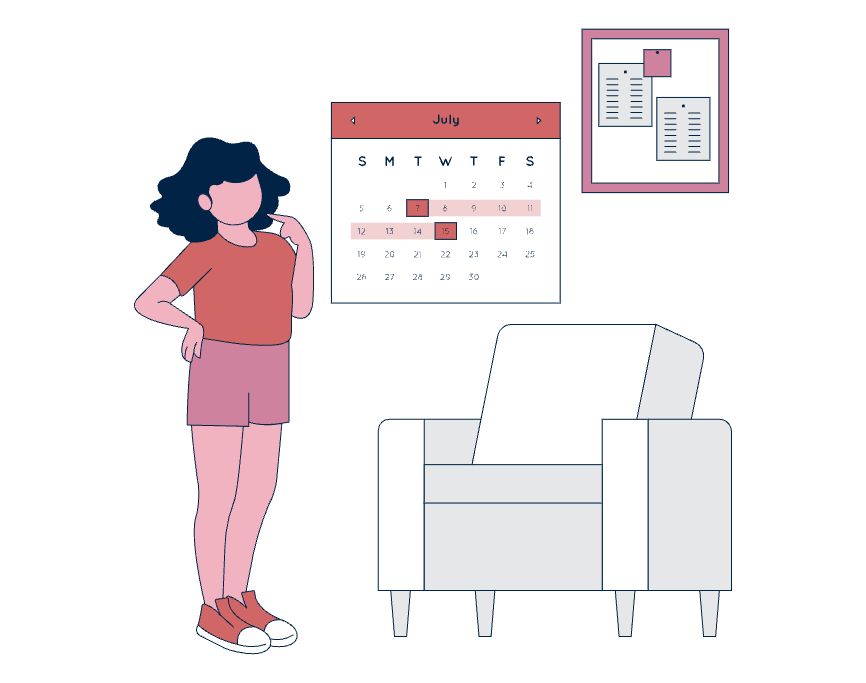What advice would you give medical students?
It’s a common question from current and prospective trainees entering the next chapter of their careers. Whether it be medical school, residency, or fellowship, it’s natural for someone to be curious about the secret sauce of navigating the challenges that lie ahead.
“Understand your non-negotiables,” I tell them.
This career will redefine you if you let it. Countless hours, sleepless nights, the perpetual feeling of being needed in two places at once, and waves of feeling that you’re not doing enough are experiences common to most of us. The lack of control over one’s circumstances is a leading cause of the burnout epidemic among medical trainees. Everything about residency is non-negotiable: your schedule, how many hours you can and cannot work, the number of surgical procedures you must complete to meet the standards of “clinical competency,” and which physician you may have the fortune (or misfortune) of working with. For those without a clear sense of who they are and what restores them, the demands of this career can become their identity. A person once confident, optimistic, and engaged can morph into a cold, emotionless shell in a few short weeks – sometimes days. And the pain is real.
To be clear, a degree of self-sacrifice is a necessary component of becoming a physician. Our profession does not have the luxury of taking a vacation or holiday. Patients do not choose to need us only during convenient business hours. A surgery doesn’t stop when the clock strikes five o’clock on a Friday. The term “weekend” no longer carries the excitement and anticipation it once had when it becomes part of just another work week.
The number of missed holidays and family gatherings from my training will forever haunt me. But that sacrifice became more tolerable when I better understood how to preserve my own identity in the process – when I realized what my personal non-negotiables were. Running and cooking were my non-negotiables. Other residents chose photography, soccer, trivia, and travel as ways to recharge. Some may be writers, artists, or rock climbers. For others it may be quality time with their kids or significant other. Defining our own non-negotiables gives us some semblance of control which is essential during a time when we have anything but control.
What does this have to do with a hidden curriculum? Committing to your non-negotiables will not occur by happenstance. Merely wishing the time will come for us to recharge and re-group is a great way to make sure it never happens. This is the case for any profession that has blurred lines between “work” time and “non-work” time. What we as teachers can do is take an interest in the non-negotiable of trainees and help them understand how we, ourselves, integrate our non-negotiables into the demands of life. Demonstrating our commitment to our profession, but also that we hold our own unique identity outside of it.

Leave a Reply